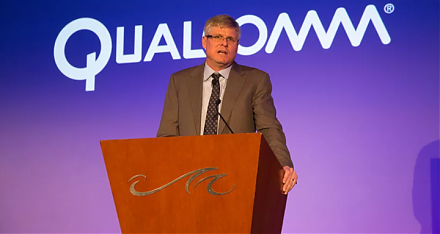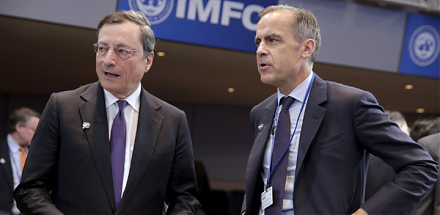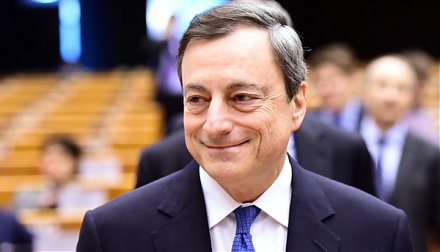

2018-10-01 07:33:00 Mon ET
technology antitrust competition bilateral trade free trade fair trade trade agreement trade surplus trade deficit multilateralism neoliberalism world trade organization regulation public utility current account compliance
President Trump announces the new trilateral trade agreement among America, Canada, and Mexico: the U.S.-Mexico-Canada Agreement (USMCA) replaces and revamps the 24-year-old North America Free Trade Agreement (NAFTA). Through this agreement, the Trump administration grants Canada and Mexico reprieve on automobile tariffs. In return, Canada reduces import barriers for American dairy products. Mexico also implements more employee protection rules and regulations.
USMCA enriches and strengthens the economic lives of the U.S. middle-class and further creates new job opportunities for half billion residents in North America. The trade pact comes up for trilateral review once every 6 years and in turn gives the Trump administration significant leverage to ensure its fair trade and commerce with Canada and Mexico.
President Trump touts and hails this new trade pact with Canada and Mexico as a major win for American workers and especially the U.S. automobile industry. Thus, USMCA contributes to President Trump's key motifs in the merry medley of Make America Great Again (MAGA). Stock market investors breathe a sigh of relief that the key pillars of North America Free Trade Agreement (NAFTA) survive President Trump's hardball strategy to reshape global commerce.
If any of our AYA Analytica financial health memos (FHM), blog posts, ebooks, newsletters, and notifications etc, or any other form of online content curation, involves potential copyright concerns, please feel free to contact us at service@ayafintech.network so that we can remove relevant content in response to any such request within a reasonable time frame.
2019-07-31 11:34:00 Wednesday ET

AYA Analytica finbuzz podcast channel on YouTube July 2019 In this podcast, we discuss several topical issues as of July 2019: (1) All 18 systemical
2018-01-17 05:30:00 Wednesday ET

European Union antitrust regulators impose a fine on Qualcomm for advancing its key exclusive microchip deal with Apple to block out rivals such as Intel an
2025-09-13 12:23:00 Saturday ET

Stock Synopsis: With a new Python program, we use, adapt, apply, and leverage each of the mainstream Gemini Gen AI models to conduct this comprehensive fund
2019-09-17 08:33:00 Tuesday ET

Global stock market investors foresee the harbinger of a major economic downturn. Many stock market investors become anxious due to negative term spreads an
2019-04-11 07:35:00 Thursday ET

European Central Bank designs its current monetary policy reaction function and interest rate forward guidance in response to key delays in inflation conver
2019-09-09 20:38:00 Monday ET

Harvard macrofinance professor Robert Barro sees no good reasons for the recent sudden reversal of U.S. monetary policy normalization. As Federal Reserve Ch